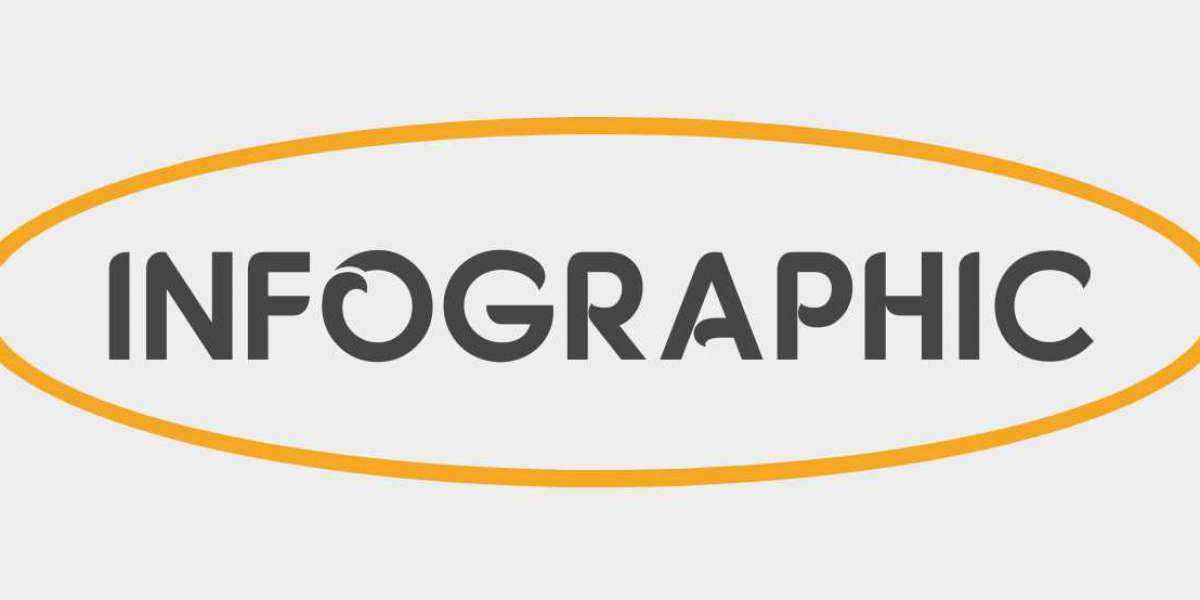In households, hospitals, and industrial settings across the United Kingdom, isopropyl alcohol is a name that stands out. Known for its powerful cleaning and disinfecting properties, this chemical compound plays a critical role in daily hygiene and maintenance routines. With increasing focus on sanitation, especially post-pandemic, the demand for isopropyl alcohol has surged. But what exactly is it, and why is it so widely used?
What is Isopropyl Alcohol?
Isopropyl alcohol, also called IPA or rubbing alcohol, is a clear, flammable liquid with a sharp smell. It's made from propylene, a by-product of fossil fuel processing. It's usually found in concentrations between 70% and 99%. In the UK, it's widely used in homes, hospitals, and industries for cleaning, disinfection, and chemical manufacturing.
Chemical formula: C₃H₈O
Boiling point: 82.6°C
Density: 0.786 g/cm³
Top 7 Uses of Isopropyl Alcohol in the UK
1. Powerful Surface Disinfectant
Isopropyl alcohol kills bacteria, viruses, and fungi quickly. NHS hospitals and clinics use it to disinfect equipment and surfaces. For best results, a 70% concentration works better than higher percentages because it evaporates slower, allowing more contact time.
Quick Stat:
70% isopropyl alcohol kills 99.99% of germs within 30 seconds.
2. Effective Hand Sanitiser Ingredient
During the COVID-19 outbreak, hand sanitisers with at least 60% isopropyl alcohol became a necessity. It's now a staple ingredient in most UK-made hand sanitisers. It dries fast and doesn’t leave residue, making it suitable for daily use.
Expert Quote:
“Alcohol-based hand rubs are a critical part of infection control in healthcare,” — Dr. James Broderick, NHS Clinical Microbiologist.
3. Electronics and Screen Cleaner
Isopropyl alcohol is perfect for cleaning phones, keyboards, and tablets. It removes dirt, fingerprints, and bacteria without damaging sensitive parts. Unlike water, it doesn’t cause corrosion.
Safe on glass, plastic, and metal
Leaves no streaks
Quick drying
4. First-Aid and Medical Use
Paramedics and nurses use isopropyl alcohol to clean skin before injections or minor surgeries. It reduces the risk of infection by killing surface microbes. It’s also used to cool the skin during fever or muscle pain.
Tip:
Avoid applying it to large wounds or broken skin—it can cause irritation.
5. Industrial Cleaning Agent
Factories and labs rely on isopropyl alcohol for degreasing tools, cleaning delicate instruments, and preparing surfaces for adhesives. Its fast evaporation helps speed up workflows without leaving residue.
Usage Insight:
In manufacturing, 99% isopropyl alcohol is preferred for its high purity and quick evaporation.
6. Household Cleaner and Deodoriser
UK households use isopropyl alcohol to clean kitchens, bathrooms, mirrors, and tiles. It removes mold, grime, and soap scum effectively. It also neutralises bad odours by breaking down organic molecules.
Common Uses:
Clean stainless steel
Remove adhesive residue
Freshen up bins and toilets
7. Ink and Paint Remover
Artists and repair shops use isopropyl alcohol to remove permanent marker, ink, and paint stains from surfaces. It’s especially useful for prepping canvases or cleaning printer heads.
Is Isopropyl Alcohol Safe to Use at Home?
Yes, when used correctly. Keep it away from flames—it’s highly flammable. Use it in a well-ventilated area, and avoid inhaling the fumes directly. Store it in a cool, dry place out of children’s reach.
Safety Tips:
Don’t mix with bleach
Wear gloves when using for extended time
Always check the concentration before use
Why Isopropyl Alcohol Remains a Must-Have in UK Homes
With increasing awareness of hygiene, more UK residents are keeping isopropyl alcohol in their homes. Its low cost, wide availability, and fast action make it ideal for regular cleaning and disinfecting tasks.
Consumer Report 2024:
Over 72% of UK households now include isopropyl alcohol in their cleaning kits.
How to Choose the Right Isopropyl Alcohol
Depending on your purpose, choose between 70%, 91%, or 99%:
70%: Best for disinfection
91%: Balanced cleaning power and evaporation rate
99%: Ideal for electronics and industrial use
Always check the label before buying. Trusted brands in the UK include IPA99, Chemiphase, and Pal International.
Comparing Isopropyl Alcohol With Other Cleaners
Compared to bleach or hydrogen peroxide, isopropyl alcohol is safer for electronics and quick-touch areas. It doesn’t corrode metal or damage plastics. It’s also less likely to stain fabrics or surfaces.
Comparison Insight:
Isopropyl alcohol: Fast drying, safe on tech
Bleach: Strong but corrosive
Hydrogen peroxide: Slower and less stable
Environmental Impact of Isopropyl Alcohol
Though it evaporates quickly, it shouldn't be poured down drains. UK guidelines recommend disposing of large amounts as hazardous waste. It’s biodegradable but flammable. Always follow local council rules for safe disposal.
Where to Buy Isopropyl Alcohol in the UK
You can find isopropyl alcohol at:
Boots and Superdrug (pharmacy section)
Amazon UK
Screwfix and B&Q (for industrial use)
Online chemical suppliers like LabUK and ReAgent
Average Price:
£4.99 – £12.99 for 500ml depending on concentration and brand
Final Thoughts
Isopropyl alcohol is more than just a cleaner—it's a reliable, fast-acting solution used in homes, hospitals, and industries. Whether you need to sanitise, clean, or disinfect, it's a smart product to keep around. Affordable, efficient, and easy to use, it continues to play a key role in keeping spaces clean across the UK.








